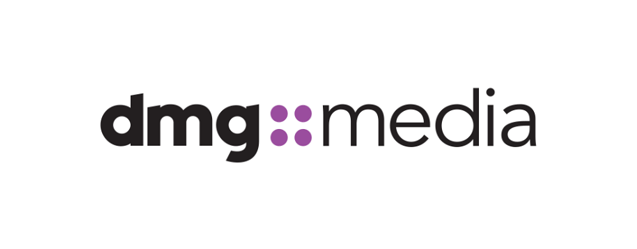Publishing
The UK publishing industry is the second largest in Europe. There are a number of publishing fields to work in, from directories to newspapers and magazines. Competition is intense, but if you have the passion and determination to succeed, a career in publishing can prove very lucrative. Publishing also opens doors to work freelance or from home.
Journalism
Journalism frequently tops the list of what job graduates would most like. As you can therefore imagine, it’s a highly competitive industry, and salary is one of the lowest, with many graduates doing freelance work their first few years.
Work experience is really the best way to advance up the career ladder, so the more you can do whilst at university, the better. On your holidays, see if you can get work on your local paper. Networking is another way of helping you get into journalism, so make as many contacts as you can.
Don’t just look for written work either. Expand your horizons and look at getting involved in television or radio. The Internet is abundant with opportunities for journalists, so see if you can gain work – whether it is reviewing nightclubs or books!
What are employers looking for?
Journalists need to be increasingly multi-skilled, so skills like speaking another language or being a good photographer all help you stand out from your competitors. Being computer-literate also helps as journalism shifts ever more online. Flawless spelling and grammar skills are essential,
Is this the right career for you?
You will need a creative mind, an eye for detail and motivation to succeed in this highly competitive industry. Internships and work experience can be a great aid to secure yourself a career in this sector.
Salary: Estimated graduate starting salary: £12,000 – £18,000
Typical salary after training: £23,000 – £35,000
Career Prospects
Journalism & Publishing usually have a relatively young workforce as well, so graduates are a popular choice.
Worldwide financial communication This is more than what we offer. It is who we are, in 126 countries. Constantly making ourselves better, asking more of ourselves. Giving more to the people who count on us for news and information. We helped change the way that the world looks at financial news and information, and that […]
CGP has grown quickly to become the most successful and respected educational publisher in the UK. Whether you’re a student or a parent with school aged children studying for exams, you’ll recognise the popular books which cover everything from Key Stage 1 to A-Level. They’re loved by students because they’re unique – they present all […]
dmg media is a 24 hour a day, seven days a week global business serving millions of loyal readers with brilliant content. Our incredible operation is made possible because our teams work closely together and are made up of the best people in their fields. Our award-winning journalists and editors are supported by innovative and […]
ABOUT GLOBALDATA We are a world-class data and analytics company, helping our 4,000 strong client base to decode the future to be more successful and innovative. We work together to turn raw data into trusted intelligence, deliver leading edge content and discussion through our events, and provide bespoke consulting solutions; serving some of the most […]
REVOLUTION BEAUTY is a market disrupter. As the Sunday Times’ 3rd fastest growing beauty brand in the UK, we are bringing the concept of “fast beauty” to life. We have experienced remarkable growth since our launch in 2014 through wholesale and our own website and received incredible amounts of positive feedback and accolades from our […]
The Telegraph is an award-winning, multimedia news brand synonymous with quality, credibility and authority for more than 162 years. We are renowned for the analysis, perspective, opinion and insight our journalism provides to a diverse and discerning audience. Every day the content we create sets the news agenda, sparking debate and provoking comment. Our journalism […]
Venture Marketing Group is a dynamic London-based events company, producing a portfolio of high-quality exhibitions, magazines and websites. Our current portfolio consists of exhibitions, publications and websites for business, recruitment and human resources, including market-leading products in franchising, HR learning, graduate and engineering recruitment. With big ambitions for the future, we are continuously looking to grow […]










